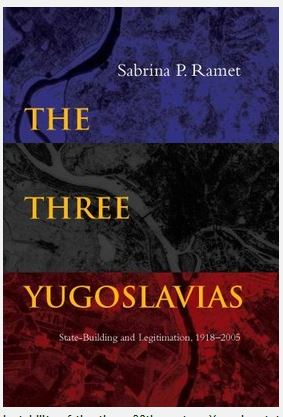 Washington History Seminar
Washington History Seminar
Historical Perspectives on International and National Affairs
Triumph of Improvisation: Gorbachev’s Adaptation, Reagan’s Engagement, and the End of the Cold War
Monday March 3, 2014
4:00 p.m.
Woodrow Wilson Center, 6th Floor Moynihan Board Room
Ronald Reagan Building, Federal Triangle Metro Stop
James Graham Wilson
OFFICE OF THE HISTORIAN, U.S. DEPARTMENT OF STATE
In the Triumph of Improvisation, James Graham Wilson takes a long view of the end of the Cold War, from the Soviet invasion of Afghanistan to Operation Desert Storm. Wilson argues that adaptation, improvisation, and engagement by individuals in positions of power ended the specter of a nuclear holocaust. Eschewing the notion of a coherent grand strategy to end the Cold War, Wilson illuminates how leaders made choices and reacted to events they did not foresee.
James Graham Wilson received his Ph.D. in diplomatic history from the University of Virginia in 2011 and his B.A. from Vassar College in 2003. He currently works on Soviet and National Security Policy volumes for the Foreign Relations of the United States (FRUS) series in the Office of the Historian at the Department of State.
Reservations requested because of limited seating and will be accepted beginning one week prior to the event:
mbarber@historians.org or 202-450-3209
March 10: Mark Atwood Lawrence, University of Texas at Austin,
“Foreign Policy by Analogy: U.S. Decision-Making
and the Uses of the Vietnam War”
The seminar is sponsored jointly by the National History Center of the American Historical Association and the Wilson Center. It meets weekly during the academic year. See www.nationalhistorycenter.org for the schedule, speakers, topics, and dates as well as webcasts and podcasts. The seminar thanks the Society for Historians of American Foreign Relations for its support.












